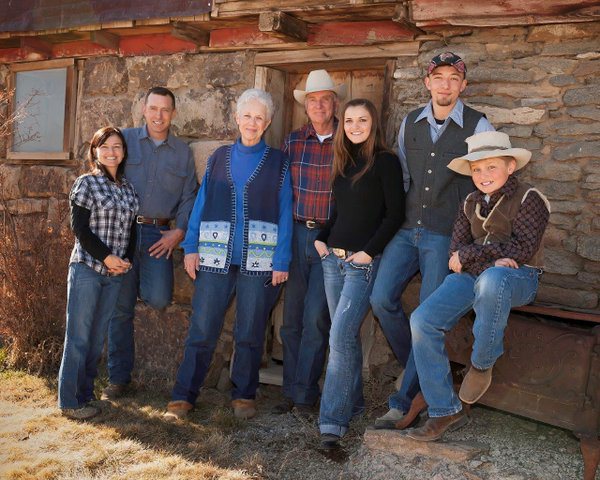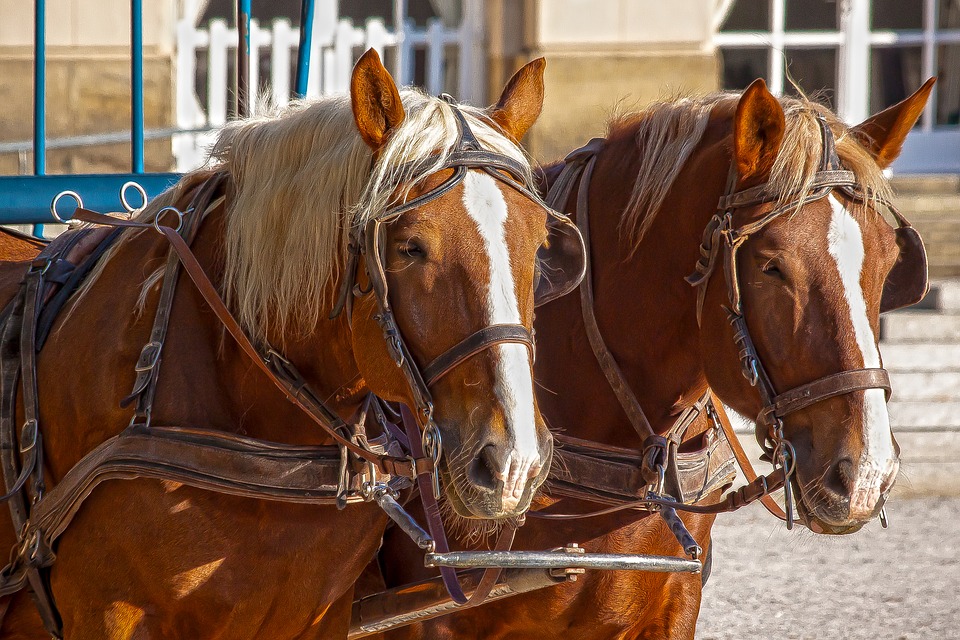“The country that feeds itself controls its own future. But if we start importing food from another country, then they control us and we are getting dangerously close to that. And we’re seeing supply chain issues. We’re seeing other countries heavily investing in our food processing systems that is dangerous for the people that live in the United States of America.” South Dakota Governor, Kristi Noem
Wendy Griffin CBN News
Cattle Ranchers Say Meat Packer Monopoly is Threatening Their Way of Life
WHITE OWL, SD – Control of the food supply is a critical national security issue. In South Dakota, where farming and cattle are key to the backbone of the state’s economy, this issue is taking center stage, especially with cattle ranchers. There are about five heads of cattle for every person in South Dakota, which is a lot of beef. But cattle ranchers say the problem isn’t getting the meat to your plate, it’s that the meat packers are taking most of the profits.
“There’s four beef packers that control 85 percent of all the slaughter in the United States,” said Les Shaw, a fourth generation cattle rancher in White Owl, South Dakota. “These four beef packers are recording profits of anywhere from $1,200 to as high as $2,000 a head during the pandemic where as the rancher is at break-even, even a loss,” he said.
Shaw says raising beef cattle is a great way of life but lately, not a great way to make a living.
“We don’t do this to get rich. We do this because we love it,” Shaw said. “We’re proud of what my great grandfather, my grandfather and my dad handed down to us. And there’s nothing that would make me happier than to be able to pass this on to my kids, my two girls,” he said.
Shaw says the main problem is that 4 major meat packers, two in the U.S. and two in Brazil, have created a monopoly that controls the prices cattle ranchers get paid for their beef. “The Brazilians have a hold in this market, our country let foreign investment into this country,” Shaw said.
The Four Major Meat Packers
The four major meat packers are: Tyson Foods, Cargill, and two Brazilian-owned corporations – National Beef Packing and J.B.S. In 1977, “the big four,” as they’re commonly called, owned just 25% of the market. Today, that’s exploded to 85 percent of all meat packing in America. Cattle ranchers used to receive 62 cents for every consumer dollar spent on beef. Today, that’s dropped to less than 37 cents on the dollar – while the “big four” have tripled profits in the past two years alone.
The Ranchers-Cattlemen Action Legal Fund is suing the four companies over accusations of manipulating prices. “We’ve alleged that they have conspired to artificially depress prices paid to U.S. cattle producers while simultaneously inflating the price of beef that consumers pay,” said Bill Bullard, C.E.O. of the Ranchers-Cattlemen Action Legal Fund, United Stockgrowers of America (R-CALF USA).
Bullard says the main problem is that ranchers aren’t told what price they’ll receive for their cattle until after it’s delivered to the packers.
“This itself is anti-competitive and it has helped to purge competition from throughout the entire supply chain. So the solution has to be to restore competitive forces to the marketplace, and you do that by forcing the packers to begin competing competitively for cattle. And so, we have made recommendations to Congress, bills have been introduced, and extremely important is the fact that the meat packers can leverage down the American cattle farmer and ranchers prices by substituting their product with imported product,” Bullard said.
During a Congressional hearing in April, the C.E.O.’s of the 4 packers denied any price fixing and blamed the rising beef prices on simple supply and demand. South Dakota Gov. Kristi Noem, a rancher herself, isn’t buying it. She says food security is national security.
“The Country That Feeds Itself Controls Its Own Future”
“The country that feeds itself controls its own future. But if we start importing food from another country, then they control us and we are getting dangerously close to that. And we’re seeing supply chain issues. We’re seeing other countries heavily investing in our food processing systems that is dangerous for the people that live in the United States of America,” Noem said.
South Dakota Lt. Gov. Larry Rhoden agrees. “So, anytime there’s a supply chain disruption, retail prices go up, the packers make record profit, and the producer suffers the consequences,” he told us.
Noem recently appointed Rhoden, another life-long rancher, as Agriculture Ambassador to focus more on helping the smaller meat packers in South Dakota.





The latest law regarding meat inspection is Exactly that state inspected suffices the Same as federal meat inspection ( USDA inspected ).
The afore has been specific in Every recent farm bill.
It thus allows small Packers to sell anywhere, across state lines and export meats too.
The USDA says they cannot understand the Law .
Obviously USDA is in bed with big Packers.
On This And the fact the bigs are on speed inspection. Which means No True inspection.
It’s typical dirty govt and dirty big business.